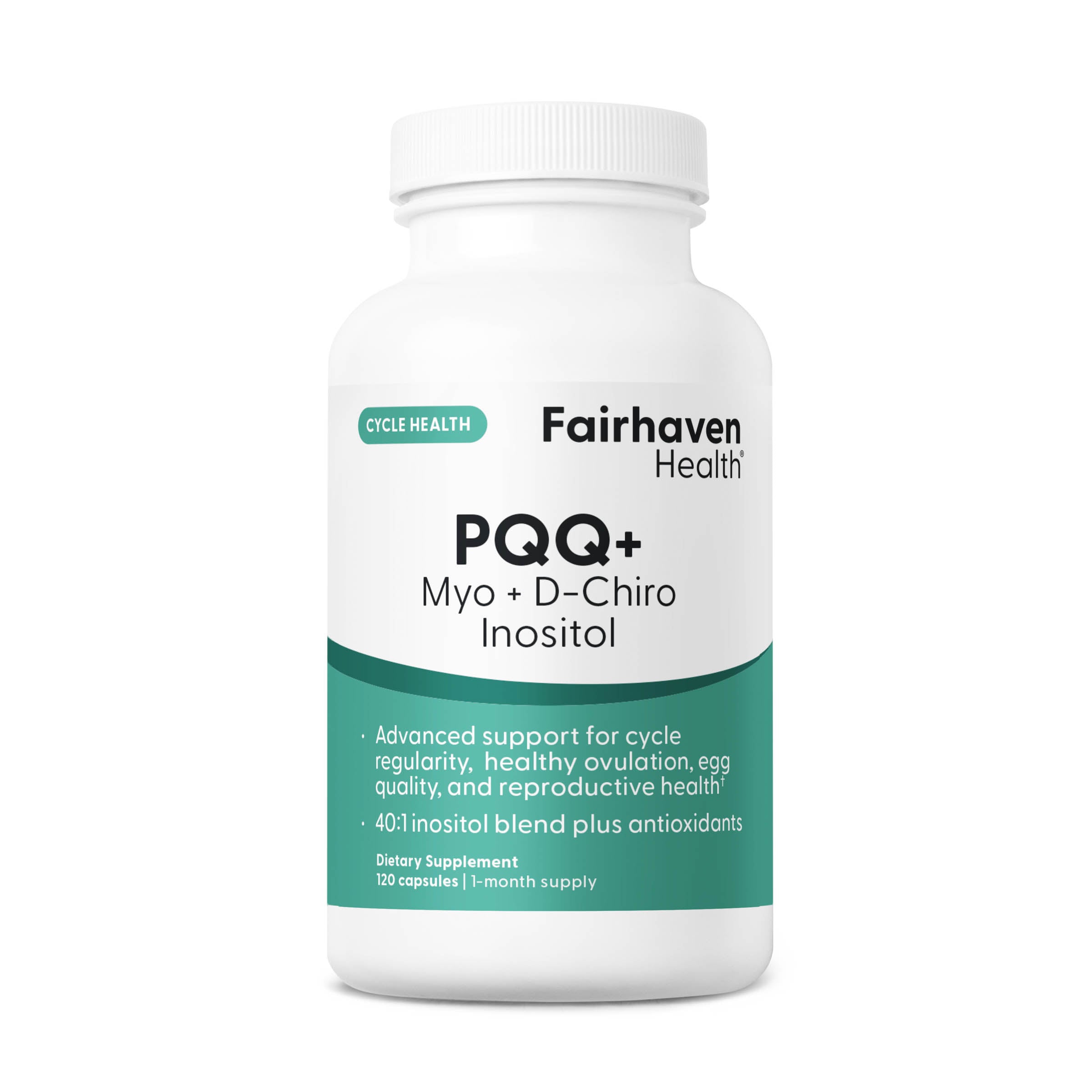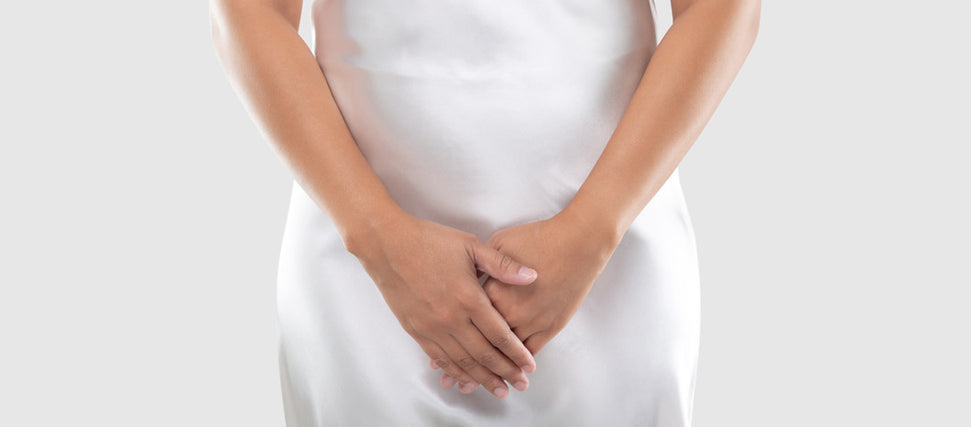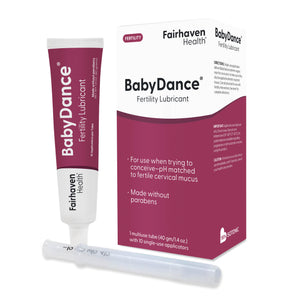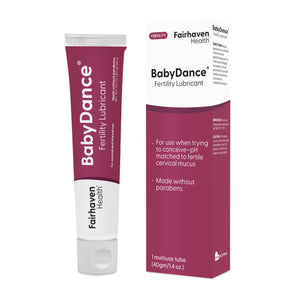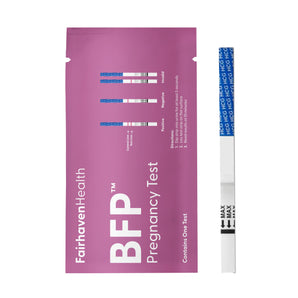 If you have bacterial vaginosis (BV), chances are good your doctor will prescribe antibiotics and/or recommend a good probiotic. But a new study shows that it’s not only women who should be treated for a BV infection—your partner may also need treatment.
If you have bacterial vaginosis (BV), chances are good your doctor will prescribe antibiotics and/or recommend a good probiotic. But a new study shows that it’s not only women who should be treated for a BV infection—your partner may also need treatment.
What Is Bacterial Vaginosis?
Bacterial vaginosis is the most common vaginal condition in women ages 15 to 44.1 This common bacterial vaginal infection is linked to an increased risk of contracting sexually transmitted diseases such as HIV.2 BV also is associated with an increased risk of preterm delivery, preterm labor, and miscarriages later in pregnancy.3
Bacterial vaginosis treatment usually involves a course of antibiotics. However, half of all women with this infection develop recurrent BV.4 In these women, BV returns six to 12 months after they were given antibiotics for BV.4 Many women also use probiotics as a natural remedy for BV. The microorganisms—both friend and foe—living in the vagina are known as the microbiota. When the vaginal microbiota becomes imbalanced the bad bacteria gets an upper hand on the friendly organisms that normally reside there. This can lead to BV in women.
New Study Suggests Bacteria on Penis May Lead to BV in Women
A new study published in Frontiers in Cellular and Infection Microbiology suggests that the bacteria that cause BV in women may originate in male sex partners.4 The study found that the composition of bacteria of a man’s penis predicted whether his female sex partner developed BV.
For the study, researchers evaluated 168 couples including men aged 18 to 35 and their female sex partners aged 16 and older. The scientists determined whether the women had BV at the study’s start as well as at one and six months and after a year. The study authors also analyzed the type of bacteria on the men’s penises. Of the women who did not have BV at the study’s start, 31.6% (52) of the females contracted the infection. Comparing the type of bacteria on each man’s penis led to the discovery that male sex partners of women who developed BV had similar bacteria. Specifically, there were 10 types of bacteria found on the men’s penis that were linked to the development of a BV infection in the women.
The male bacteria that is transferred to the woman through sex could trigger a BV infection soon after exposure. Or, the bacteria from the penis may disrupt the woman’s vaginal microbiota over time. Repeated exposure could result in BV.
The study authors suggest giving men either antibiotics or probiotics as bacterial vaginosis medication to alter the microbiome of the penis. This could reduce BV risk in the men’s sex partners. A number of studies show probiotics may be beneficial in women with BV.5,6 Now, this new study shows giving probiotics to men may be equally important.
More Tips for Supporting Vaginal Health
Once you have bacterial vaginosis, it can be difficult to overcome. Keeping your vaginal ecosystem in balance and at a healthy pH is the best way to keep BV at bay. Here are a few tips for supporting vaginal health:
- Avoid douches and feminine washes: Many vaginal cleansing products include harsh chemicals and have a pH that is too low. Unfortunately, these products end up doing more harm than good by disrupting the ability of the vagina to clean and heal itself and by washing out healthy bacteria. This give the unhealthy bacteria that cause odors and infections an upper hand.
- Add an oral probiotic into your daily routine: As discussed above, probiotic supplements have shown promise in supporting vaginal health by replenishing friendly vaginal bacteria and crowding out unfriendly bacteria.
- Try a vaginal freshening gel: If you are concerned about feminine odor and vaginal health, try a vaginal freshening gel, in lieu of douching. Choose a water-based, isotonic, paraben-free gel with lactic acid, and apply it vaginally every few days or as needed to stop unwanted odors.
- Consider a boric acid suppository: Boric acid is a white or colorless powder that has anti-fungal and anti-viral properties. Vaginal suppositories containing boric acid are a commonly used home remedy for maintaining vaginal health.
Dr. Chris Meletis
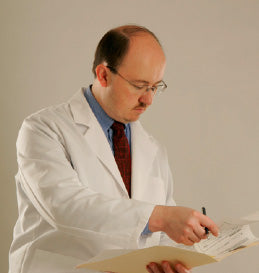 Dr. Chris Meletis is an educator, international author and lecturer. His personal mission is “Changing World’s Health One Person at a Time.” Dr Meletis has authored 18 books and over 200 national scientific articles in journals including Natural Health, Alternative and Complementary Therapies, Townsend Letter for Doctors and Patients, Life Extension, Natural Pharmacy, and PubMed.gov articles.
Dr. Chris Meletis is an educator, international author and lecturer. His personal mission is “Changing World’s Health One Person at a Time.” Dr Meletis has authored 18 books and over 200 national scientific articles in journals including Natural Health, Alternative and Complementary Therapies, Townsend Letter for Doctors and Patients, Life Extension, Natural Pharmacy, and PubMed.gov articles.
Dr. Meletis served as Dean of Naturopathic Medicine and Chief Medical Officer for 7 years for the National College of Naturopathic Medicine (now the National University of Natural Medicine). He was awarded the 2003 Physician of the Year by the American Association of Naturopathic Physician of the Year by the American Association of Naturopathic Physicians. He has a deep passion for helping the underprivileged and spearheaded the creation of 16 free natural medicine healthcare clinics in the Portland metropolitan area of Oregon.
References:
- Centers for Disease Control. Bacterial Vaginosis – CDC Fact Sheet. https://www.cdc.gov/std/bv/stdfact-bacterial-vaginosis.htm. Accessed August 10, 2020.
- Atashili J, Poole C, Ndumbe PM, Adimora AA, Smith JS. Bacterial vaginosis and HIV acquisition: a meta-analysis of published studies. Aids. 2008;22(12):1493-1501.
- Leitich H, Kiss H. Asymptomatic bacterial vaginosis and intermediate flora as risk factors for adverse pregnancy outcome. Best Pract Res Clin Obstet Gynaecol. 2007;21(3):375-390.
- Mehta SD, Zhao D, Green SJ, et al. The Microbiome Composition of a Man's Penis Predicts Incident Bacterial Vaginosis in His Female Sex Partner With High Accuracy. Front Cell Infect Microbiol. August 4, 2020;10.
- Mur Pérez AM, Mateo Segura Z, Ramírez Domínguez N, Vela Condón P. [Use of probiotics in bacterial vaginosis]. Semergen. 2017;43(5):394-398.
- Ling Z, Liu X, Chen W, et al. The restoration of the vaginal microbiota after treatment for bacterial vaginosis with metronidazole or probiotics. Microb Ecol. 2013;65(3):773-780.
